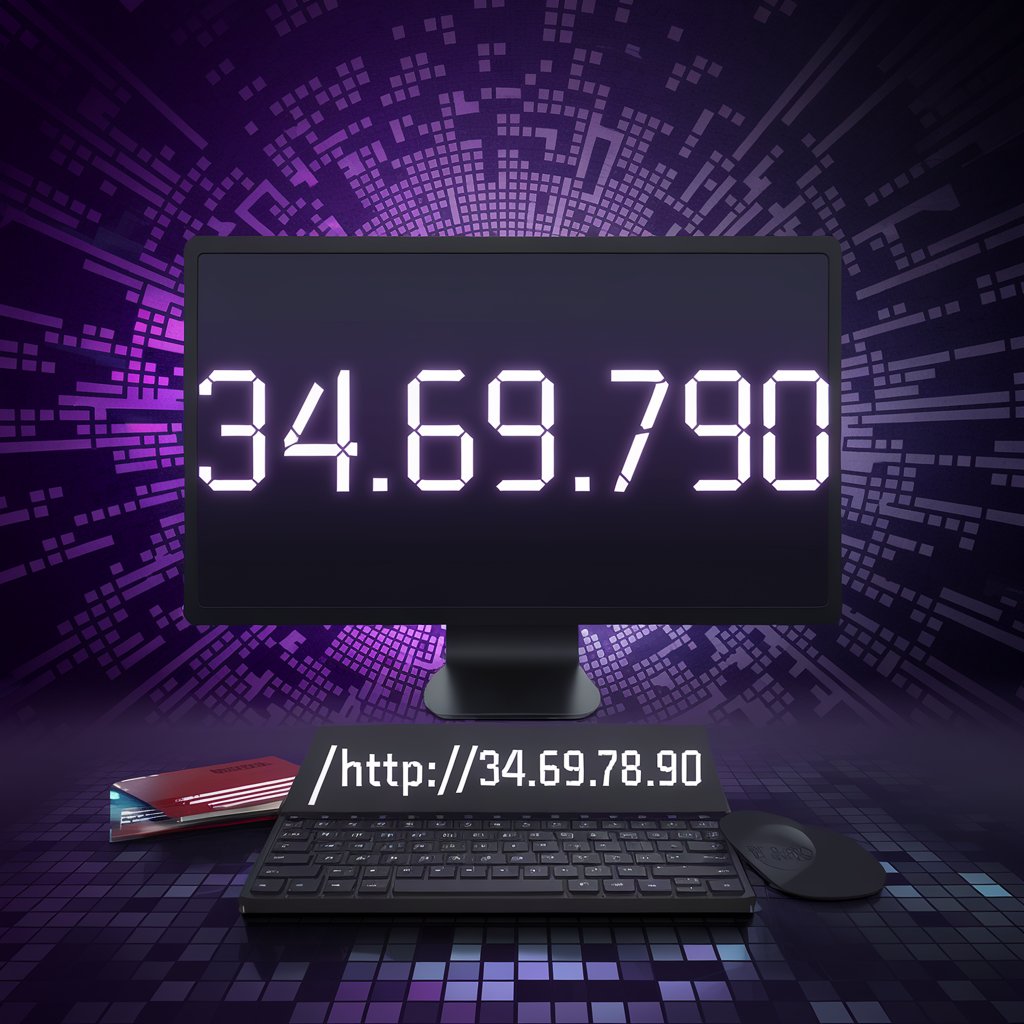The IP address http://34.69.78.90 is more than just a sequence of numbers; it represents a unique node on the internet with specific functionalities and implications. Understanding its purpose, capabilities, and the broader context of IP addresses can provide valuable insights into its role in the digital landscape. In this comprehensive article, we will delve into various aspects of http://34.69.78.90, offering a detailed analysis that goes beyond existing information.
What is http://34.69.78.90?
http://34.69.78.90 is an IP address, which stands for Internet Protocol address. This address serves as a unique identifier for devices connected to a network, allowing them to communicate with each other. In essence, it functions like a digital address that helps route data between devices on the internet.
IP addresses are crucial for numerous internet functions, including accessing websites, sending emails, and establishing network connections. They come in two primary forms: IPv4 and IPv6. http://34.69.78.90 is an example of an IPv4 address, which consists of four sets of numbers separated by periods.
Structure and Functionality of http://34.69.78.90
Address Structure
- IPv4 Format: http://34.69.78.90 follows the IPv4 format, which uses a 32-bit address space. It is divided into four octets, each representing a number between 0 and 255.
- Numerical Representation: The address consists of four numeric segments: 34, 69, 78, and 90.
Technical Functions
- Routing Data: The primary function of an IP address like http://34.69.78.90 is to route data between devices on the network. When a device sends data, the IP address ensures it reaches the correct destination.
- Network Identification: It helps in identifying and distinguishing devices on a network. Each IP address is unique, preventing confusion between devices.
Uses and Applications of http://34.69.78.90
Web Hosting and Services
- Web Hosting: http://34.69.78.90 might be associated with a web hosting service. Websites are often hosted on servers with specific IP addresses, allowing users to access them through their browsers.
- Cloud Services: It could also be linked to cloud services, where it serves as the address for accessing various cloud-based applications and resources.
Security and Monitoring
- Network Security: IP addresses like http://34.69.78.90 are monitored for security purposes. Network administrators use IP addresses to track and mitigate potential security threats.
- Access Control: Organizations use IP addresses to control access to their networks and services, ensuring that only authorized devices can connect.
Managing and troubleshooting http://34.69.78.90
Accessing the Address
- Web Browser: You can enter http://34.69.78.90 directly into a web browser’s address bar to access the resources or services associated with this IP address.
- Network Tools: Various network tools and commands, such as
pingandtraceroute, can be used to test the connectivity and performance of the IP address.
Troubleshooting Issues
- Connection Problems: If you encounter issues connecting to http://34.69.78.90, check your network settings and ensure that the address is correct.
- IP Conflicts: Address conflicts can occur if multiple devices are assigned the same IP address. Resolving these conflicts typically involves reconfiguring network settings.
Security Considerations for http://34.69.78.90
Potential Risks
- Exposure to Attacks: IP addresses can be targets for cyberattacks, including DDoS (Distributed Denial of Service) attacks. Ensuring proper security measures are in place is crucial to protect the associated services.
- Data Privacy: If http://34.69.78.90 is linked to a web service, securing data transmission through encryption and other privacy measures is essential.
Best Practices
- Regular Updates: Keep software and security protocols updated to protect against vulnerabilities associated with the IP address.
- Firewall Protection: Implement firewall rules to control and monitor traffic to and from http://34.69.78.90.
Broader Context of IP Addresses
Role in Networking
- Internet Infrastructure: IP addresses are fundamental to the internet’s infrastructure, enabling global communication and connectivity.
- Dynamic vs. Static IPs: While http://34.69.78.90 may be static, meaning it remains constant, some IP addresses are dynamic and change periodically.
Future of IP Addressing
- IPv6 Adoption: As the number of devices on the internet grows, IPv6 addresses are becoming more prevalent due to their larger address space compared to IPv4.
Insights and Analysis
http://34.69.78.90 is more than just a numeric identifier; it plays a crucial role in internet communication and networking. Its applications range from web hosting to network security, and its management involves both technical and security considerations. Understanding its functions and implications helps in appreciating its importance in the digital world.
FAQs
1 – What is http://34.69.78.90?
It is an IP address used to identify devices on a network and facilitate communication between them.
2 – What can I access using http://34.69.78.90?
It can be associated with web hosting, cloud services, or other network resources.
3 – How do I check if http://34.69.78.90 is reachable?
Use network tools like ping or traceroute to test connectivity.
4 – What should I do if I can’t connect to http://34.69.78.90?
Verify the IP address, check network settings, and ensure there are no conflicts or outages.
5 – Is http://34.69.78.90 vulnerable to security threats?
Yes, IP addresses can be targets for cyberattacks. Implement security measures to protect associated services.
6 – How can I protect my network from attacks on http://34.69.78.90?
Use firewalls, keep software updated, and monitor network traffic for unusual activity.
Conclusion
http://34.69.78.90 serves as a critical component of the internet, facilitating communication and access to various digital resources. Its role in web hosting, network security, and beyond highlights its importance in the digital ecosystem. Understanding its functions, managing it properly, and securing it against potential threats are essential for leveraging its full potential and ensuring reliable internet operations.



